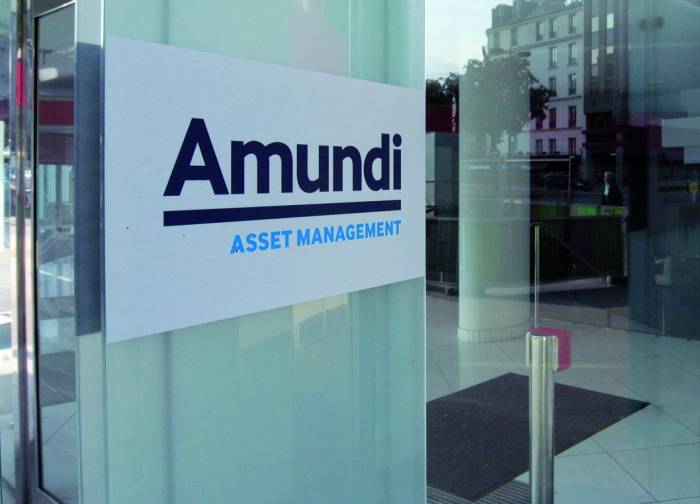Amundi Reclassifies Almost All of its $45 Billion Article 9 Funds to Lower Sustainability Level Ahead of SFDR Reporting Requirements


Leading European asset manager Amundi has chosen to reclassify nearly all of its sustainable investment funds previously categorized as Article 9 under the EU’s Sustainable Finance Disclosure Regulation (SFDR) to the less stringent Article 8 level. The firm described the move as a “conservative approach,” given uncertainty surrounding the regulation’s compliance requirements, particularly the determination of what is considered “sustainable.”
Amundi managed approximately 100 funds classified as Article 9 at the end of September 2022, valued at around €45 billion, including both ETFs and actively managed funds.
The EU SFDR forms part of the EU’s Action Plan on financing sustainable growth. The regulation aims to establish harmonized rules for financial market participants including investors and advisers on transparency regarding the integration of sustainability risks and the consideration of adverse sustainability impacts in their processes and the provision of sustainability‐related information with respect to financial products.
The regulation includes classification levels for sustainability-focused investment funds, including ‘Article 8’ funds that “promote environmentalEnvironmental criteria consider how a company performs as a steward of nature. More or socialSocial criteria examine how it manages relationships with employees, suppliers, customers, and the communities where it operates. More characteristics or a combination of those characteristics,” and the more stringent ‘Article 9’ funds, “which have sustainable investment as their objective.”
The move by Amundi, and by several of their asset management peers, to reclassify the funds, comes ahead of the implementation of the SFDR’s disclosure requirements that take effect in January 2023. Required disclosures include specifying the minimum proportion of investments in environmentalEnvironmental criteria consider how a company performs as a steward of nature. More objectives and socialSocial criteria examine how it manages relationships with employees, suppliers, customers, and the communities where it operates. More objectives, describing how the investments contribute to a sustainable objective, detailing how adverse impacts on sustainability factors have been taken into account, and alignment of investments with an environmentalEnvironmental criteria consider how a company performs as a steward of nature. More objective with the EU Taxonomy, among others.
In a statement provided by Amundi, the asset manager said that while it “is pleased to see that regulations have come into force regarding the responsible investment market, with a view to improving transparency and protecting end investors,” it also noted that “the current regulatory framework does not yet allow the financial industry to respond in a uniform manner as to what should be considered “sustainable” or not.” Amundi said that it has chosen to reclassify “almost all of its range of Article 9 funds into Article 8.
The statement added that the reclassification reflects a “deliberately cautious approach” to protect investors and distributors “from a significant risk of confusion in the allocation of savings,” and that it “in no way calls into question the current level of requirements in terms of the integration of effective ESGEnvironmental, social, and governance (ESG) criteria are a set of standards for a company’s operations that socially conscious investors use to screen potential investments. More criteria and the sustainability characteristics of these funds.”
The post Amundi Reclassifies Almost All of its $45 Billion Article 9 Funds to Lower Sustainability Level Ahead of SFDR Reporting Requirements appeared first on ESG Today.